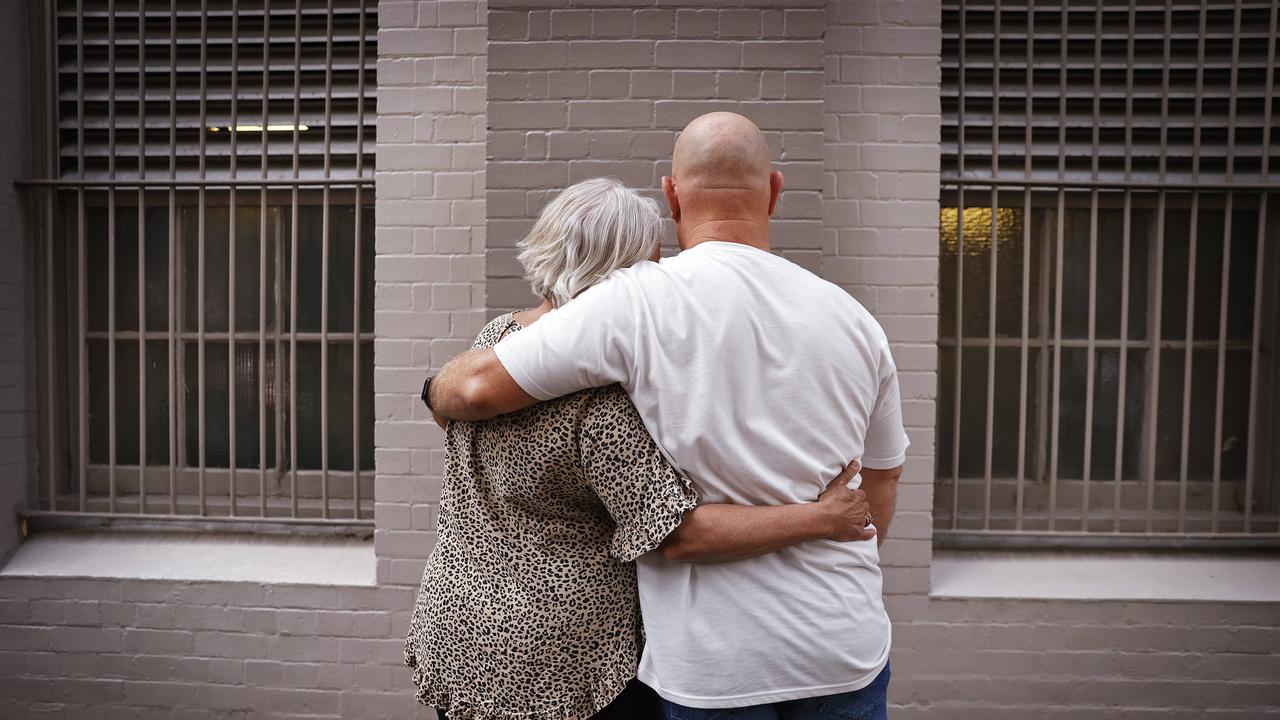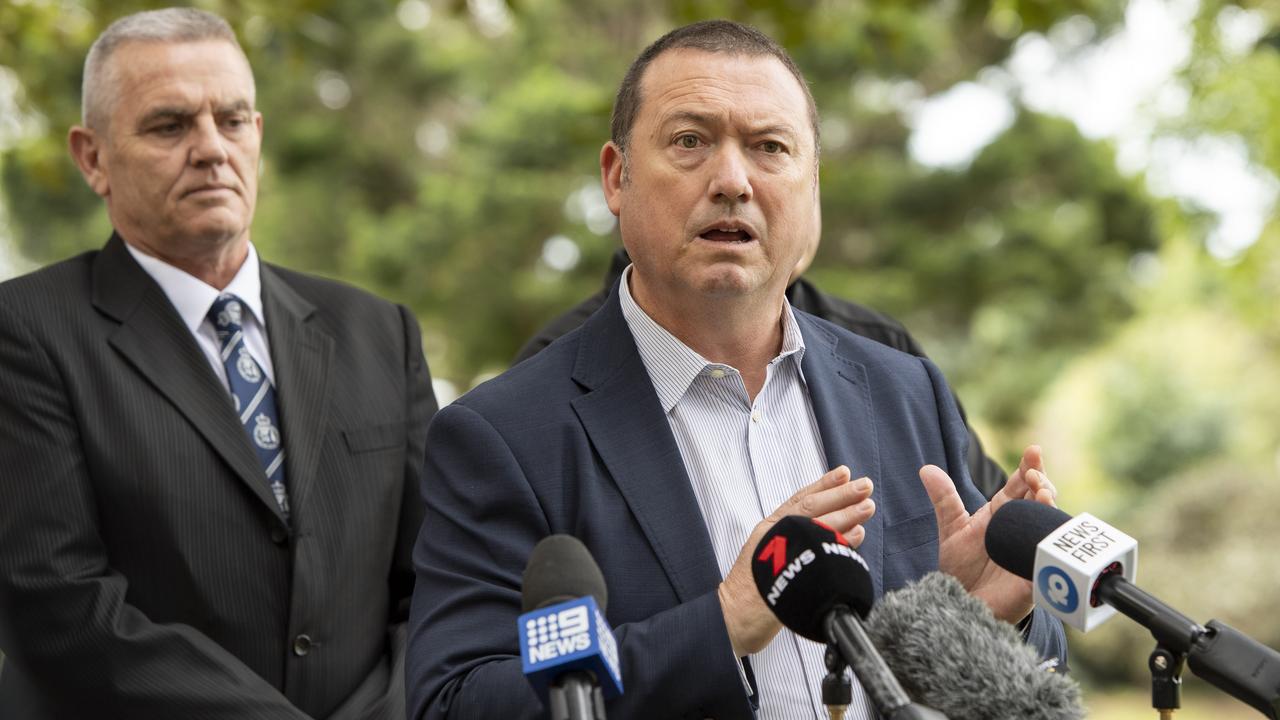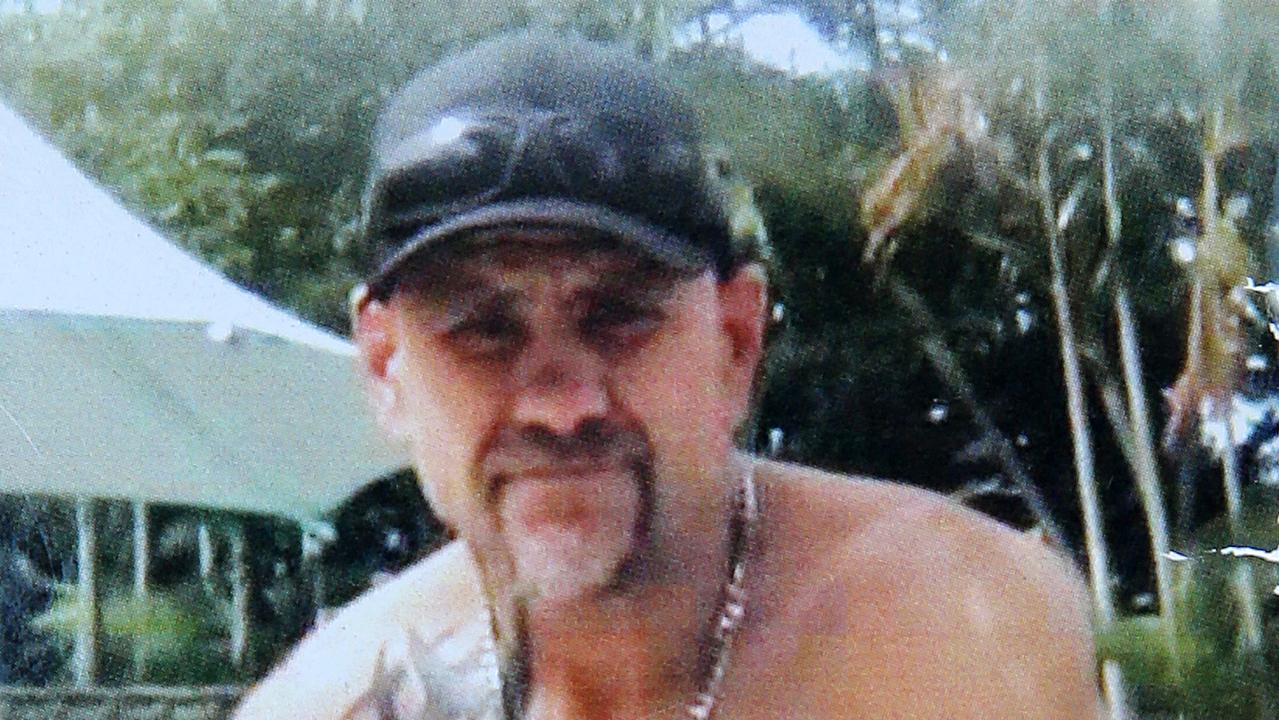Prison guards’ plea for new laws around use of lethal force after Officer A found not guilty
Gun shy prison guards are calling for new laws to provide confidence in exercising lethal force, following the death of an inmate.

Moving high-risk convicted criminals through the community for medical, legal or funeral attendance will need new laws to give officers confidence to use lethal force to prevent an escape.
The call for national law reform comes as NSW taxpayers are set to be hit with a $2.4 million bill for the failed bid to convict a prisons officer with murder for shooting dead an escaping prisoner.
Public Service Association’s NSW general secretary Stewart Little said while the case happened in his state there were implications for prison guards and other law enforcers nationally in use of force.

A NSW Corrective Services officer, identified only as Officer A, was charged with murder after in March 2019 shooting dead prisoner Dwayne Johnstone who was attempting to escape custody during a visit to Lismore Hospital.
Johnstone was a violent offender with a long criminal history including knifing a female police officer in Victoria and was on remand for cattle prodding a man in NSW.
Officer A was found not guilty last month with a jury finding he had acted within the laws governing the use of force.
But Mr Little said police found he had no case to answer but the fact he was charged with murder by a Director of Public Prosecutions (DPP) demanding national laws to protect officers doing their job.

There was also a similar case in Victoria several years ago in which that guard was also eventually exonerated.
“If prison officers are given firearms but they are not supposed to use them well that needs to be looked at,” Mr Stewart said.
“You’ve got murderers and rapists out there that the community expect to be protected from, because unfortunately they have to take them into the community whether it’s to go to the doctors, hospitals, funerals, legal hearings there are all sorts of things they have to escort them for.
“The officers need certainty but certainly we need some legislation in this at state level as a minimum and if that can be looked at federally we would support that as well but there are broader implications here for how all officers do their job.”

Mr Stewart confirmed his union would be demanding from the DPP up to $2.4 million the PSA paid in legal costs to defend Officer A in court for the two murder trials and an explanation as to why the case was pursued.
The Office of the DPP would not answer a series of questions about the case.
“The ODPP politely declines to comment,” a spokesman said.




